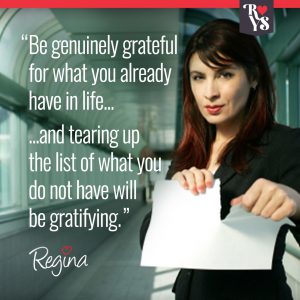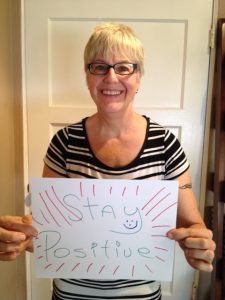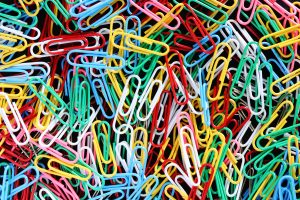
A man waiting to make a right turn into a small grocery store parking lot noticed that only two spaces remained. He saw a woman waiting to turn left into the same lot. Knowing it could be some time before oncoming cars would allow her to turn, when the light changed, he purposefully held back traffic and motioned that she should enter the lot ahead of him. She did.
The woman was first to arrive at the two adjoining spaces. Instead of pulling into one space she intentionally parked in the middle of both. Shocked, the man stopped his car and got out.
“Excuse me, ma’am. Will you please move your car so I can park too?”
“No, someone will scratch it.”
“But I let you turn ahead of me and there are no more parking places. You’ve taken the last two.”
“So what? It is my right.”
The man found another parking place and followed the woman into the store. He was furious and shouted at her. She completely ignored him and went about her business.
Each day you have opportunities to practice remaining aligned with your heart’s loving, compassionate, and purposeful values or to stoop to the standards other people set for themselves. To consistently have the best life requires acting aligned with your heart. This requires accepting your mind is not the smartest part of you, no matter how much it tells you it is. The rationalizations and justifications your mind will create to defend ego-boxing behavior cause stress, frustration, and disappointment that can get you into trouble.
When we slow down to think about what we are thinking while we are thinking it, we learn our mind is a tool. It is great for balancing our checkbook, filling out an income tax report, or working through statistical analysis. It also comes in handy when reading a map, recalling items we need from the grocery store, or learning how to use a remote control. Our mind thinks, and with our heart’s wisdom we have the awareness to question those thoughts.
Is what we are thinking real, true, or important? Do our thoughts justify actions that can hurt us or someone else? Are our thoughts attempting to limit the cooperative, inclusive, and virtuous motivations of our heart?
Slow down. Think about what you are thinking. Keep emotionally connected to and responsible for the steady stream of mind chatter. Become aware of how your thoughts subtly limit you. Master a mind that has a mind of its own by learning to identify and change limiting, negative thoughts to positive thoughts that support you in creating the life of meaning you really want.









